Rangers urge tourists to refrain from disrupting animal migration in Masai Mara
Source: Xinhua
Editor: huaxia
2025-08-04 00:53:15
Rangers at the Masai Mara National Reserve in Kenya, a prime location to witness the spectacular annual wildebeest river crossing, are calling on tourists to refrain from disrupting the migration of wild animals when taking safari tours on the savanna.
MASAI MARA, Kenya, Aug. 3 (Xinhua) -- Rangers at the Masai Mara National Reserve in Kenya, a prime location to witness the spectacular annual wildebeest river crossing, are calling on tourists to refrain from disrupting the migration of wild animals when taking safari tours on the savanna.
From July to October each year, Masai Mara becomes the stage for one of the most breathtaking wildlife spectacles on earth. More than two million wildebeests, zebras and gazelles trek from Tanzania's Serengeti to Masai Mara in search of greener pastures and water, with the dramatic crossings of the Mara River serving as the highlight of the migration.
"The challenge we have in Kenya and Tanzania, in terms of wildebeest migration, is that whenever wildebeests cross the river, many vehicles filled with tourists gather to witness this dramatic moment," Alfred Bett, a tourism warden who has been working at Masai Mara for 20 years, told Xinhua in a recent interview.
On Wednesday morning, thousands of wildebeests gathered along the riverbank, attempting to cross the Mara River. After lingering for over two hours, the herd started to cross the river after the first wildebeest jumped into the water.
At the same time, dozens of safari vehicles, which were requested to stay far away by rangers to leave enough room for migration passage, raced to the crossing point to secure a better position for taking photos.
The herd's crossing was abruptly halted as the roar of engines approached, with only a few dozen wildebeests making it to the other side of the river. The same disruption occurred again about an hour later, resulting in the crossing of just three wildebeests.
"We are trying to control them, using new technologies," Bett said. "We have vehicles, with two rangers on each one, that are always based at the crossing point, to make the passage of wildebeests smooth."
According to regulations made by the national reserve, when there are more than five vehicles wanting to see an animal, viewing time is restricted to 10 minutes. Vehicles waiting to see the sighting must stay 100 meters away.
During the migration, vehicles should never block a river crossing by parking too close to the crossing point, and they should not drive through animal herds. Anyone who breaks the rules may face an on-the-spot fine of 10,000 Kenyan shillings (about 77.5 U.S. dollars), and rangers have the right to remove the vehicle and people out of the park immediately.
Bett and his team are also urging facility owners inside the park to relocate and leave the place for wild animals. "Guests will come during the day and leave by evening, so that the place will be undisturbed for animals at night," the warden added.■

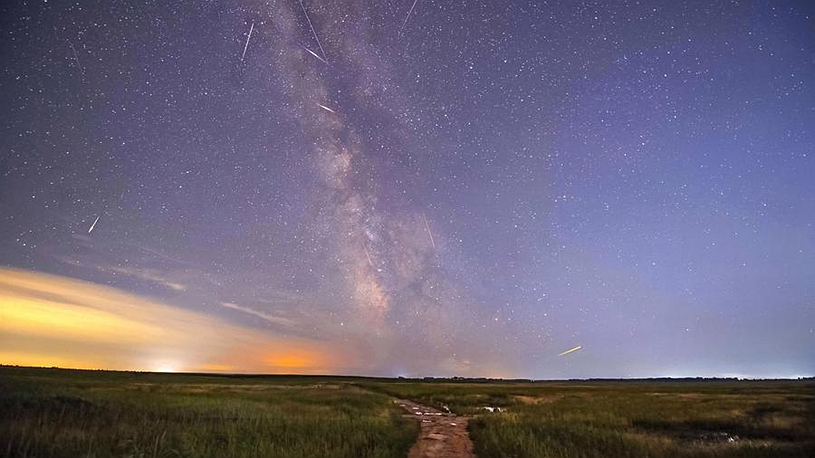
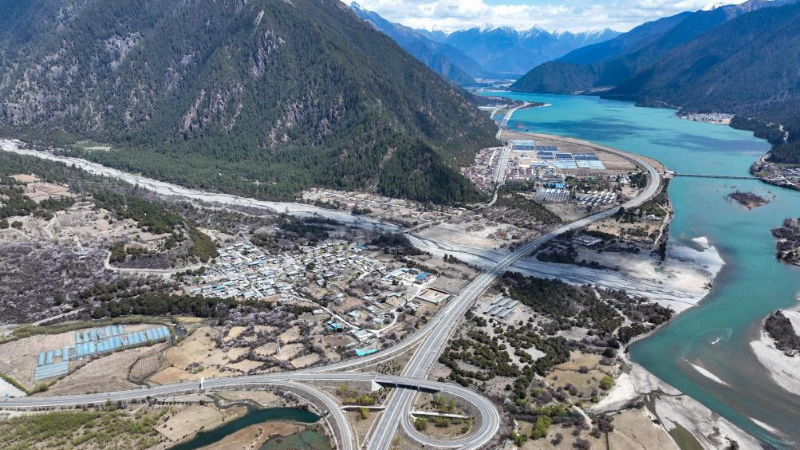
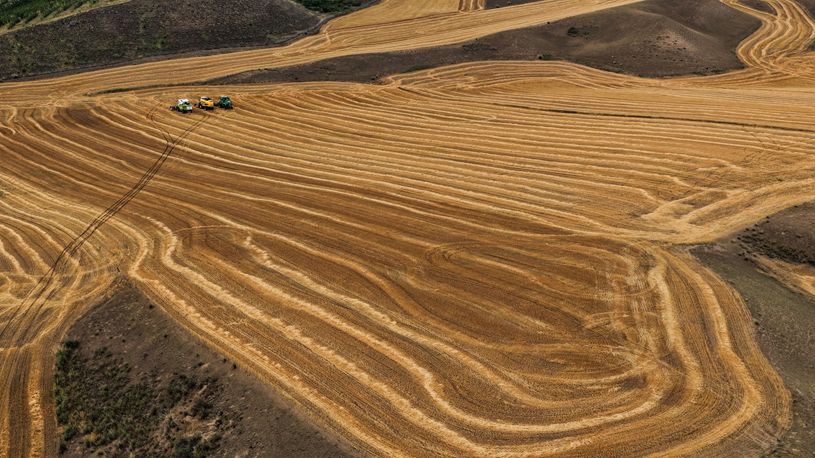


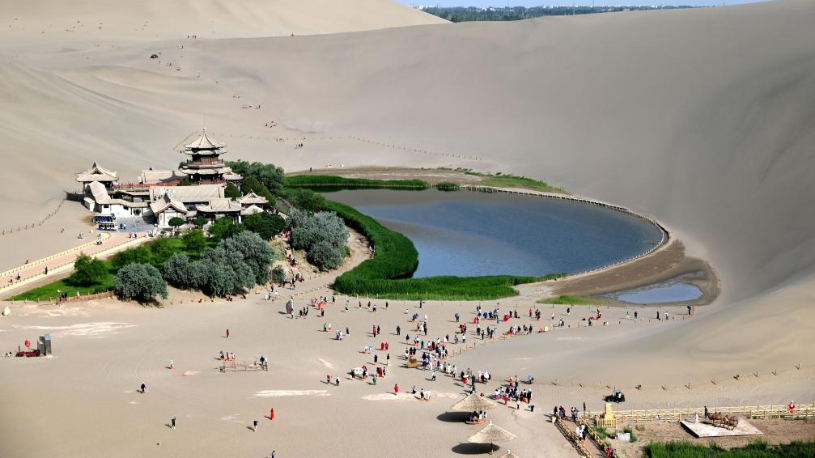
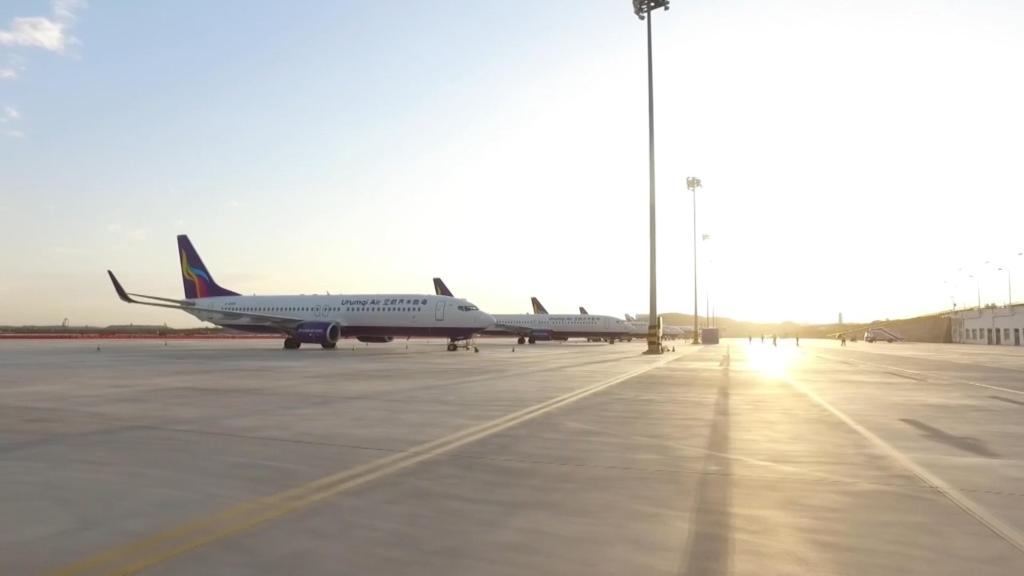




Comments